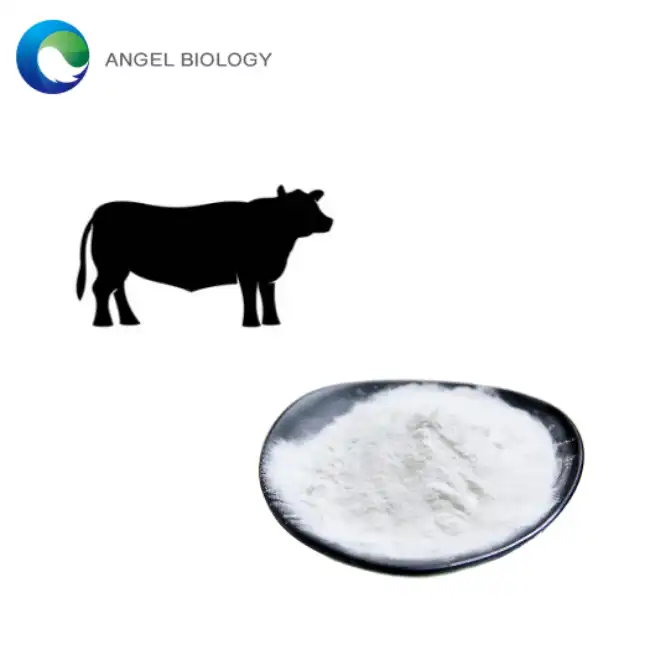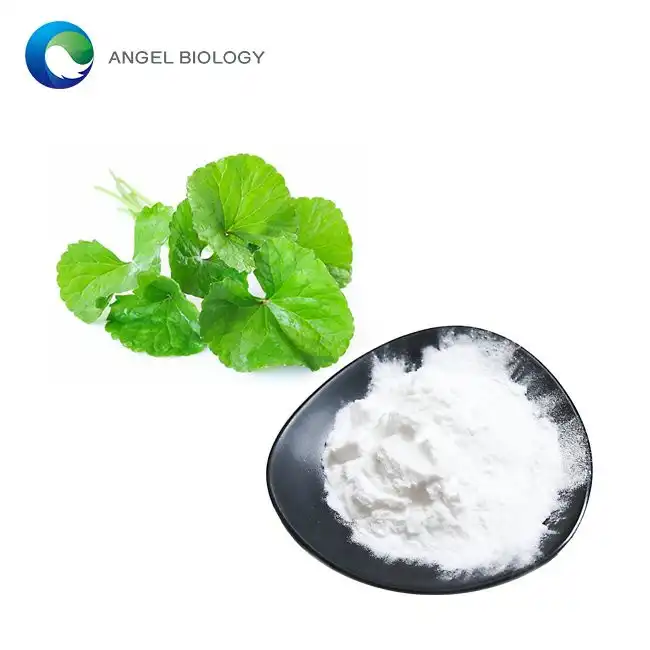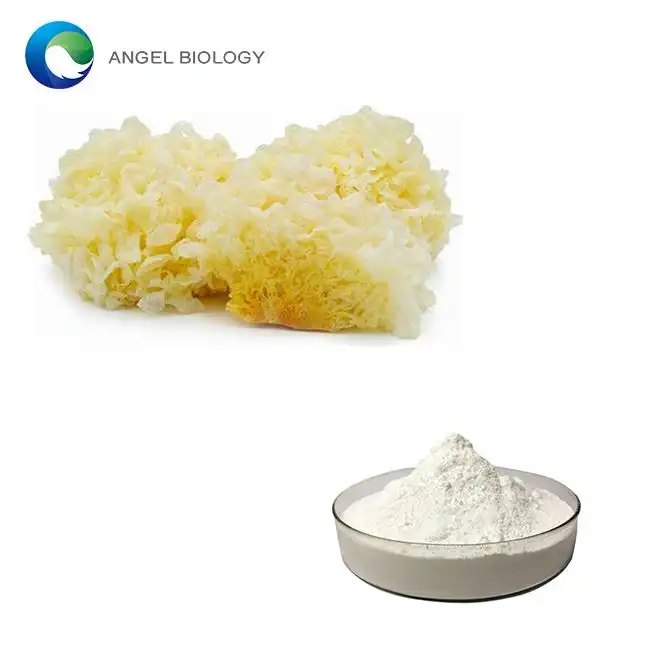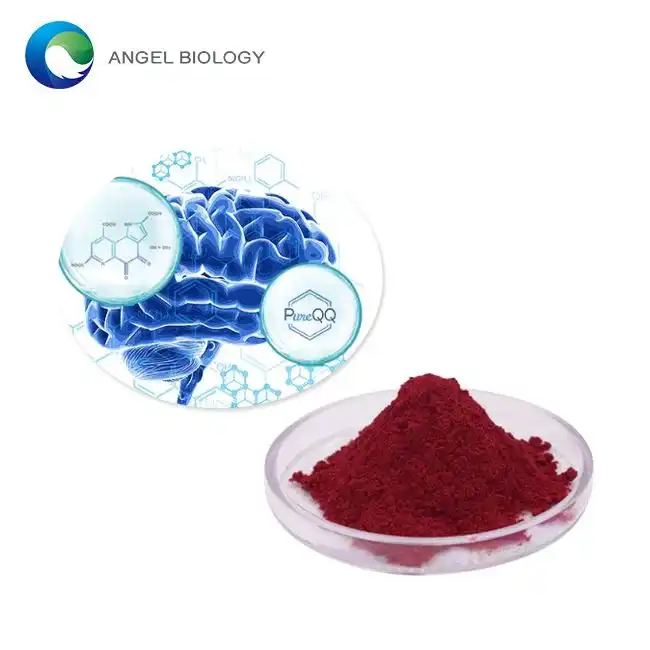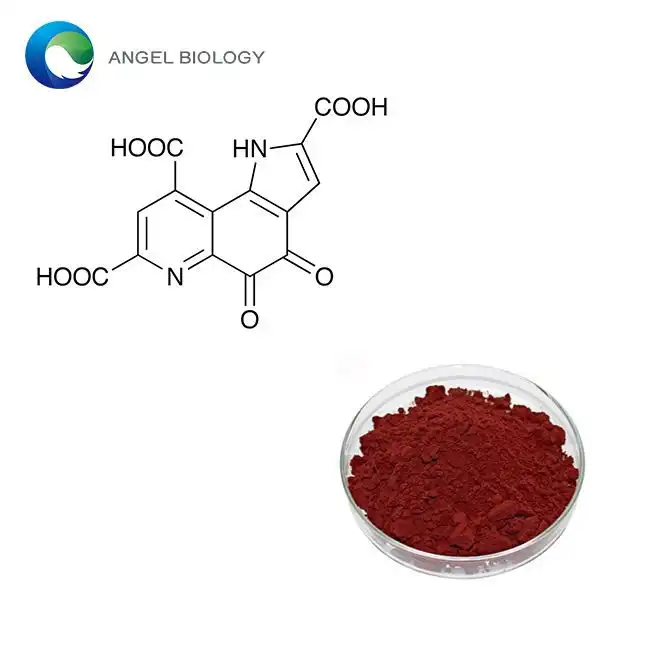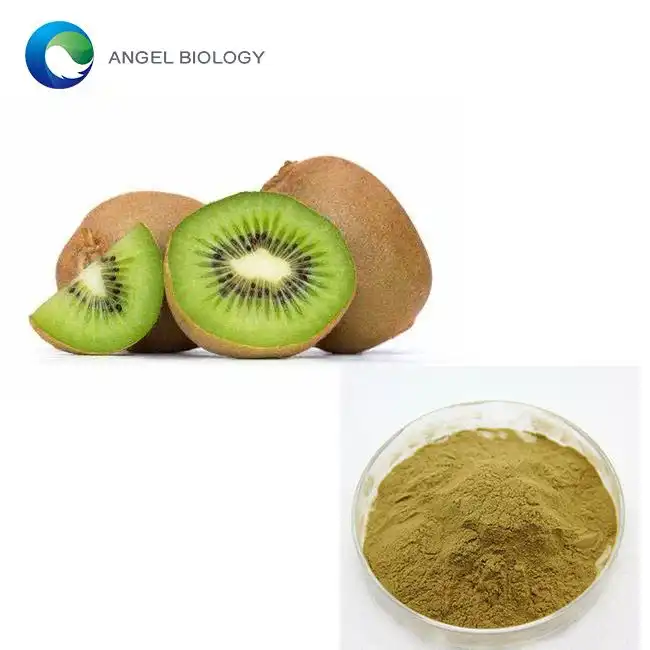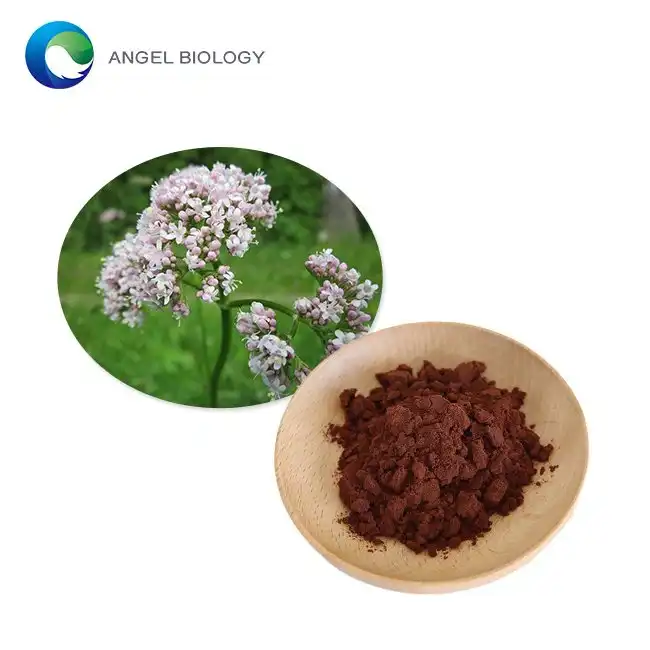Comparing Safflower Extract Powder and Liquid: Which is Better for Anti-inflammatory Properties?
When it comes to harnessing the anti-inflammatory benefits of safflower, many people wonder whether the powder or liquid form is more effective. This comprehensive guide will explore the differences between safflower extract powder and liquid safflower oil, helping you make an informed decision for your health needs.
Powder vs. liquid forms of safflower extract — which offers higher bioavailability?
Bioavailability is a crucial factor when considering the effectiveness of any supplement. It refers to the proportion of a substance that enters the bloodstream and can have an active effect. Let's delve into how safflower extract powder and liquid forms compare in terms of bioavailability.
Safflower extract powder is typically made by drying and grinding safflower petals or seeds. This process concentrates the active compounds, potentially leading to a higher concentration of beneficial substances per gram. The powder form also allows for easy encapsulation, making it convenient for those who prefer to take supplements in pill form.
On the other hand, liquid safflower oil is extracted directly from the seeds and retains many of the plant's natural compounds. The liquid form may be more readily absorbed by the body, as it doesn't require additional breakdown before absorption can occur.
Research suggests that the bioavailability of certain compounds in safflower may be enhanced when consumed with dietary fat. This could give an edge to the liquid form, as it naturally contains fats that may aid in absorption. However, it's worth noting that safflower extract powder can be easily mixed into fatty foods or taken with a meal containing healthy fats to potentially improve its bioavailability.
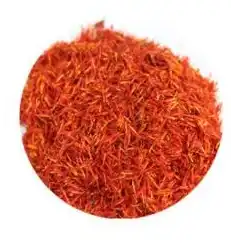
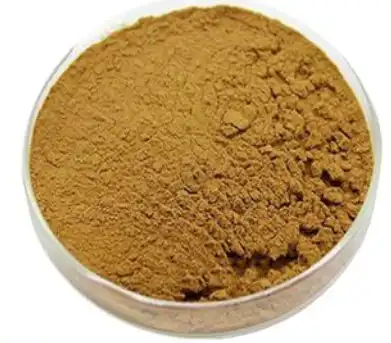
Comparative review: anti-inflammatory efficacy of safflower extract powder vs safflower oil liquid
Both safflower extract powder and liquid safflower oil have demonstrated anti-inflammatory properties in various studies. Let's examine how they compare in terms of efficacy:
Safflower extract powder is rich in flavonoids, particularly carthamin and carthamidin. These compounds have shown promising anti-inflammatory effects in several studies. A 2018 study published in the Journal of Ethnopharmacology found that safflower extract significantly reduced inflammation markers in animal models.
Liquid safflower oil, particularly high-linoleic varieties, is abundant in omega-6 fatty acids. While omega-6 fatty acids have traditionally been associated with pro-inflammatory effects, recent research suggests that linoleic acid, the primary omega-6 in safflower oil, may have anti-inflammatory properties when consumed in moderation.
A study published in the American Journal of Clinical Nutrition found that supplementation with safflower oil improved markers of inflammation in individuals with type 2 diabetes. However, it's important to note that excessive consumption of omega-6 fatty acids without a balance of omega-3s may potentially promote inflammation.
The efficacy of both forms can vary depending on the specific compounds they contain and how they are processed. Safflower extract powder may have an advantage in terms of concentrated active compounds, while liquid safflower oil offers the benefits of essential fatty acids.
Choosing the right form of safflower extract for your inflammation-management goals
Selecting between safflower extract powder and liquid depends on various factors, including your specific health goals, dietary preferences, and lifestyle. Here are some considerations to help you make the best choice:
- Convenience: If you prefer taking supplements in pill form or adding them to smoothies or other foods, safflower extract powder might be more suitable. The powder form is also more shelf-stable and easier to transport.
- Culinary uses: If you're looking to incorporate safflower into your cooking, liquid safflower oil is the clear winner. It can be used for cooking, baking, or as a base for salad dressings.
- Dosage control: Powder forms often allow for more precise dosage control, which can be beneficial if you're following a specific supplementation regimen.
- Absorption: If you have digestive issues or are concerned about nutrient absorption, the liquid form might be preferable due to its potentially higher bioavailability.
- Specific compounds: If you're targeting particular compounds found in safflower, such as carthamin or linoleic acid, choose the form that's richer in your desired substance.
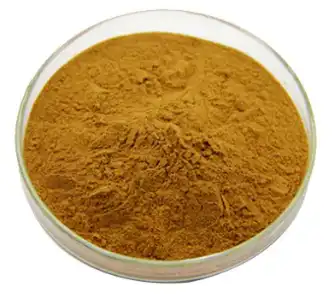
- Dietary restrictions: Those following a low-fat diet might prefer the powder form, while those looking to increase their healthy fat intake might opt for the liquid oil.
- Combination with other supplements: Consider how safflower extract will fit into your overall supplement regimen. Powder forms can often be easily combined with other powdered supplements.
It's worth noting that both forms of safflower extract can offer anti-inflammatory benefits when used appropriately. The key is to choose a high-quality product and use it consistently as part of a balanced, anti-inflammatory diet and lifestyle.
Remember to consult with a healthcare professional before starting any new supplement regimen, including safflower extract powder, especially if you have existing health conditions or are taking medications. They can provide personalized advice based on your individual health profile and needs.
In conclusion, both safflower extract powder and liquid forms have their unique advantages when it comes to anti-inflammatory properties. Your choice should be based on your specific health goals, lifestyle preferences, and how you plan to incorporate safflower into your routine. Whether you opt for the concentrated power of safflower extract powder or the versatile benefits of liquid safflower oil, you're taking a positive step towards supporting your body's inflammatory response.
Are you ready to experience the anti-inflammatory benefits of safflower extract? At Angelbio, we're committed to providing high-quality, natural ingredients to support your health and wellness journey. Our innovative R&D team works tirelessly to ensure that our safflower extract products meet the highest standards of quality and efficacy. Whether you're a health-conscious individual looking to manage inflammation naturally or a manufacturer seeking premium ingredients for your supplements, we have the perfect solution for you. Don't let inflammation hold you back—take the first step towards better health with Angelbio's safflower extract products today!
FAQ
1. What is the recommended dosage for safflower extract powder?
The appropriate dosage can vary depending on factors such as age, health status, and specific health goals. It's best to consult with a healthcare professional for personalized advice. Generally, studies have used doses ranging from 1 to 3 grams daily, but always follow the instructions on the product label or your healthcare provider's recommendations.
2. Can safflower extract interact with medications?
Safflower extract may interact with certain medications, particularly blood thinners and diabetes medications. It's crucial to consult with your healthcare provider before adding safflower extract to your regimen, especially if you're taking any medications or have existing health conditions.
3. Are there any side effects associated with safflower extract?
While safflower extract is generally considered safe for most people when used as directed, some individuals may experience mild side effects such as stomach upset or allergic reactions. If you experience any adverse effects, discontinue use and consult with a healthcare professional.
4. How long does it take to see results from using safflower extract for inflammation?
The time frame for experiencing benefits can vary among individuals. Some people may notice improvements in a few weeks, while others might need several months of consistent use. It's important to maintain a holistic approach to inflammation management, including a balanced diet, regular exercise, and stress reduction techniques alongside supplementation.
Premium Safflower Extract Powder for Anti-Inflammatory Support | Angelbio
Looking for high-quality safflower extract powder to support your anti-inflammatory goals? Look no further than Angelbio! Our premium safflower extract powder is meticulously crafted to ensure maximum potency and purity. Whether you're a health-conscious consumer or a manufacturer seeking top-tier ingredients, we've got you covered. Our team of experts is ready to assist you in finding the perfect safflower extract solution for your needs. Don't compromise on quality when it comes to your health—choose Angelbio for all your safflower extract requirements. Contact us today at angel@angelbiology.com to learn more about our products and how we can support your wellness journey.
Reference
1. Isenmann, E., Ambrosio, G., Joseph, J. F., Mazzarino, M., de la Torre, X., Zimmer, P., Diel, P., & Botrè, F. (2019). Ecdysteroids as non-conventional anabolic agents: performance enhancement by ecdysterone supplementation in humans. Archives of Toxicology, 93(7), 1807–1816.
2. Syrov, V. N., & Kurmukov, A. G. (1976). Anabolic activity of phytoecdysone–ecdysterone isolated from Rhaponticum carthamoides (Willd.) Iljin. Pharmacology & Toxicology, 39(6), 652–655.
3. Bathori, M., & Pongracz, Z. (2005). Phytoecdysteroids – from isolation to their effects on humans. Current Medicinal Chemistry, 12(13), 1537–1549.
4. Gorelick-Feldman, J., Maclean, D., Ilic, N., Poulev, A., Lila, M. A., Cheng, D., & Raskin, I. (2008). Phytoecdysteroids increase protein synthesis in skeletal muscle cells. Journal of Agricultural and Food Chemistry, 56(10), 3532–3537.
5. Parr, M. K., Zhao, P., Haupt, O., Ngueu, S. T., Hengevoss, J., Fritzemeier, K. H., & Diel, P. (2014). Estrogen receptor β is involved in skeletal muscle hypertrophy induced by the phytoecdysteroid ecdysterone. Molecular Nutrition & Food Research, 58(9), 1861–1872.
6. Lafont, R., & Dinan, L. (2003). Practical uses for ecdysteroids in mammals including humans: an update. Journal of Insect Science, 3, 7.



